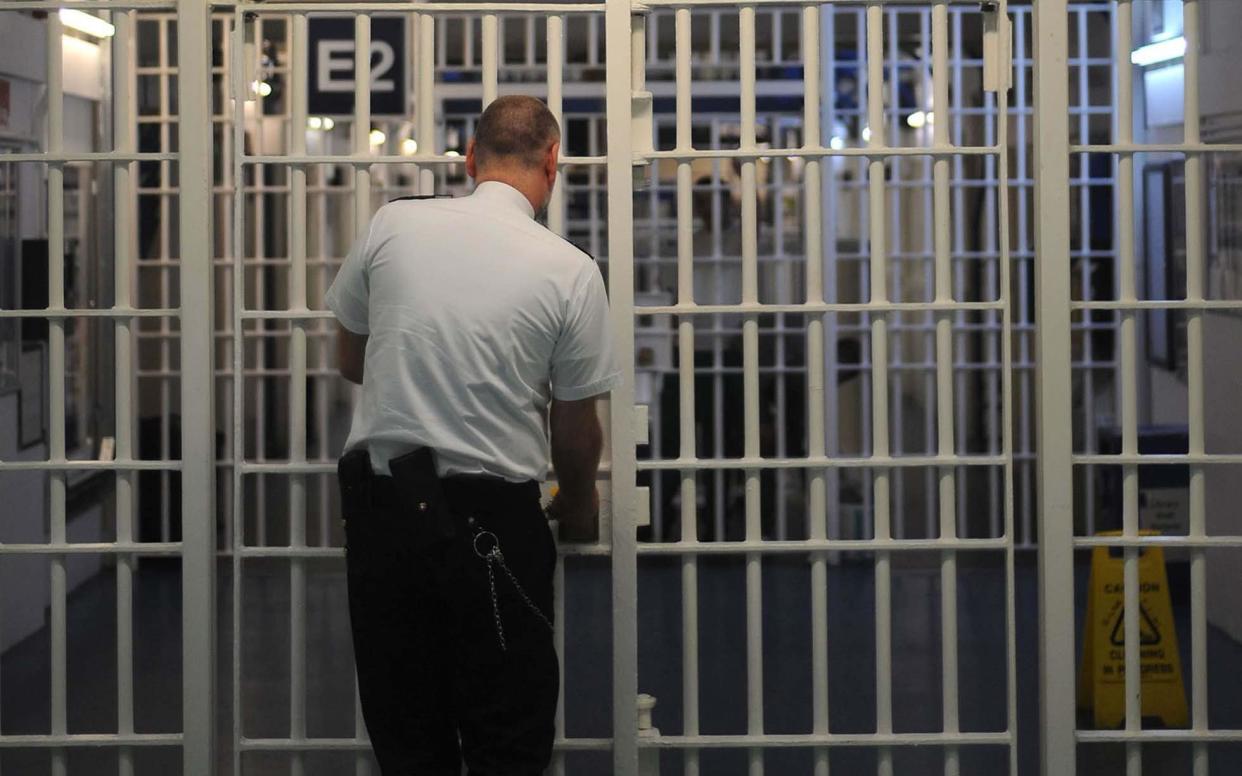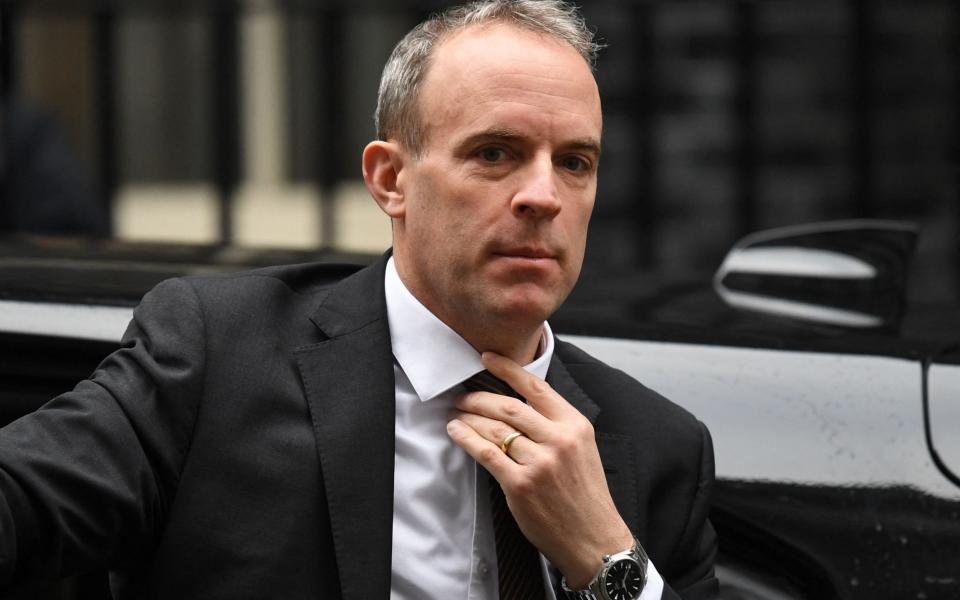Methadone to be replaced by ‘abstinence-based’ rehab to treat drug-addicted prisoners

Methadone is set to be replaced by “abstinence” drug rehab programmes in prisons under plans by Dominic Raab to tackle addiction among convicts.
The Justice Secretary is to put an abstinence-based approach at the heart of his plans to rehabilitate addicts amid concerns that traditional methadone or other opiate treatments are leaving offenders “indefinitely” reliant on drugs.
He believes too many prisoners are being put on methadone, a heroin substitute, simply to subdue and prevent them from causing harm to themselves, other inmates or prison officers, rather than trying to wean them off drugs and get them clean.
It follows research for the Ministry of Justice (MoJ) by the Justice Data Lab that showed addicted women prisoners on abstinence programmes were 40 per cent less likely to reoffend than those on other treatments, at 18 per cent versus 29 per cent .
The reform, to be set out next week in Mr Raab’s white paper on prisons, will face resistance from many established drug experts who see methadone and other opiates as a safer medical alternative to heroin that reduces the risk of overdoses.
Although the Government has moved to stem the supply of drugs into jails with X-ray body scanners at all 73 male closed prisons, prisons are still plagued by drugs, which are blamed for fuelling violence.
Some 42 per cent of men, and 28 per cent of women enter prison dependent on drugs, and a 2019 report by the Reform think tank estimated 15 per cent developed a drug problem while inside.

Mr Raab signalled his radical shift to the Commons Justice Committee this week, saying: “Too many offenders are placed on methadone and other opiate substitutes because it puts prevention of harm… to individual offenders, other offenders and prison officers at the forefront.
“That might be fine temporarily but methadone is harder to get off than heroin. It is more addictive than heroin. You have to ask yourself if they are staying on it indefinitely, how much is that driving towards recovery.”
He said there was a “real case” for abstinence-based drug rehabilitation.
“We want to get a better balance,” he said, which would include early assessment, treatments with a “much stronger focus on eventual recovery and therefore ending the addiction dependency rather than replacing it”.
The Forward Trust has been a leading light in abstinence treatments in prison, where offenders are expected to remain clean throughout its 12-step programme that includes therapy and AA-style sessions in drug-free wings of jails.
The charity treated more than 7,300 prisoners in 2020/21 at 17 prisons in England and Wales, with the Justice Lab data also showing a significant reduction in the volume of offences among those who completed the programme.
'Methadone demonstrably saves thousands of lives'
Julie Muir, executive director of recovery at Forward Trust said: “Abstinence-based programmes are an important part of the support we offer to manage and mitigate the damaging effects of addiction. This is part of a range of support services in, and outside of prison.
“Addiction is a serious mental illness and not a choice. It has a devastating impact on people’s lives. As a society we need to do more to ensure everyone has the opportunity of recovery, no matter who they are.”
Niamh Eastwood, executive director of Release, a centre for drug expertise, said abstinence had a role, but warned against downplaying the value of methadone which had been shown by multiple studies to be an effective medical treatment.
“Methadone demonstrably saves thousands of people’s lives. This kind of rhetoric does nothing to help reduce the number of deaths and could contribute to a higher rate of deaths as community services take it as a signal from Government that methadone should not be supported,” she said.

